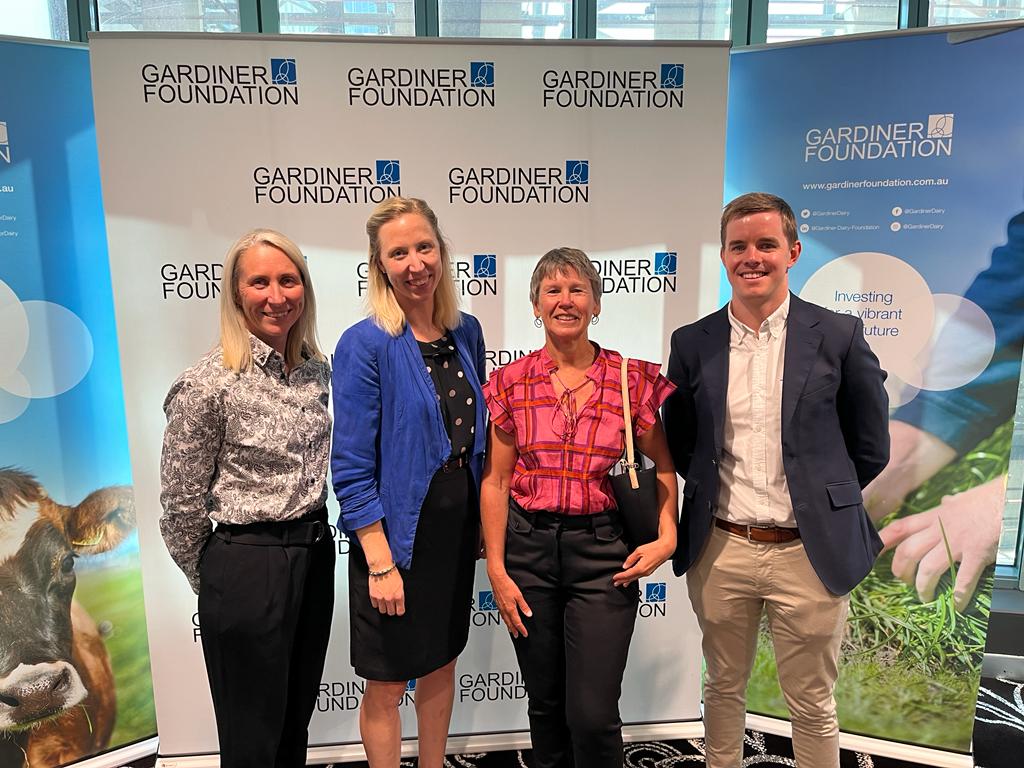Foundation for Rural & Regional Renewal (FRRR)
Our staff connect with communities daily, whether it be over the phone, via video calls or in person. While every community is different, common themes emerge from what they tell us. Here’s a snapshot of what we’ve heard in the last few months:
- In NSW, VIC and SA, there is worry that the ‘news cycle’ has moved on from flooding, which is concerning for those on the ground given the need for funding and support for impacted regions. In SA, there is also concern that raising funds for flood recovery may be hampered given length of time since floods started and new disasters (e.g. February’s bushfire in Port Lincoln). In NSW, many communities are moving past the ‘mop up’ stage and on to the tedious stage of dealing with insurance claims and red tape, and some groups tell us energy is waning. In VIC, there are large numbers of groups seeking flood recovery funding, and FRRR has recently been supporting a number of Neighbourhood Houses that have been providing significant additional support across their community.
- Following Ex-Tropical Cyclone Ellie and flooding which affected a vast area in NT and WA, some smaller more remote communities are having difficulty accessing relief and support targeted towards those communities highlighted by the media. Extended family networks living outside flood-affected communities are working to broker solutions with service providers on ground. Damage to the road network and the subsequent transport blockages are having flow-on impacts for remote communities outside the immediately impacted area. These more distant communities are also seeking relief support to maintain basic services and food security.
- FRRR’s outreach trip to NT is resulting in a surge in applications, both with directly contacted groups and via local referrals. We are seeing a rise in local government organisations working in remote parts of NT that are seeking to deliver projects that will increase community connections and build community resilience.
- In VIC, there is a continued strong demand for funding for festivals and events to support community connection, celebrate place and cultural identity, and boost economic development.
- In the small communities of WA (populations under 4,500), there is strong demand for projects providing access to services and activities.
- In QLD, funding is commonly sought to assist with community infrastructure and equipment projects intended to develop organisational resilience and capacity.
- In SA, there is strong demand for projects to repair community halls and sheds, as well as to assist with health and mental health and wellbeing. There is also concern for education and employment pathways for young people to prevent them from leaving smaller towns in their search for work and education, which is often a real financial strain on families.
- While the impact of multiple disasters builds, some groups are concerned that many funders only provide grants for ‘declared disasters’ – when it can also be localised disasters, storms, fires, etc, that have a big impact on communities.
- A learning in TAS that we are reminded of in every state we visit, is that groups often lack the capacity (time) to apply for funding, and in some instances, the grant ‘literacy’. Local groups are keen to attend grantseeker workshops to increase skills and confidence.
- Cost of living pressures are resulting in increasing demand for food relief. In TAS, Neighbourhood Houses are vital for as a place for connection and food relief (most have community gardens that provide free or affordable fruit and veg, as well as ‘freezer meals’). They also often provide a volunteer based transport service to get the disadvantaged and elderly to health appointments, and rising costs generally are putting this service in stress.
- Housing pressures (rent, lack of rental options), which were exacerbated during COVID, are even more of a concern with rising costs of living. Discrete homelessness (i.e. living in campgrounds) is increasing, however this is not an option in summertime with holiday makers using these facilities. There’s a strong desire to develop local solutions for housing pressures.



You may also find this recent interview with our Disaster Resilience and Recovery Lead, Nina O’Brien, insightful. In a conversation with our partners Suncorp, Nina shared her thoughts on why communities banding together build back better than bricks and mortar.
There are many more insights we could share, so if you’d like to know more about any of these comments, or are interested in a particular geography or issue, please get in touch via info@frrr.org.au.

